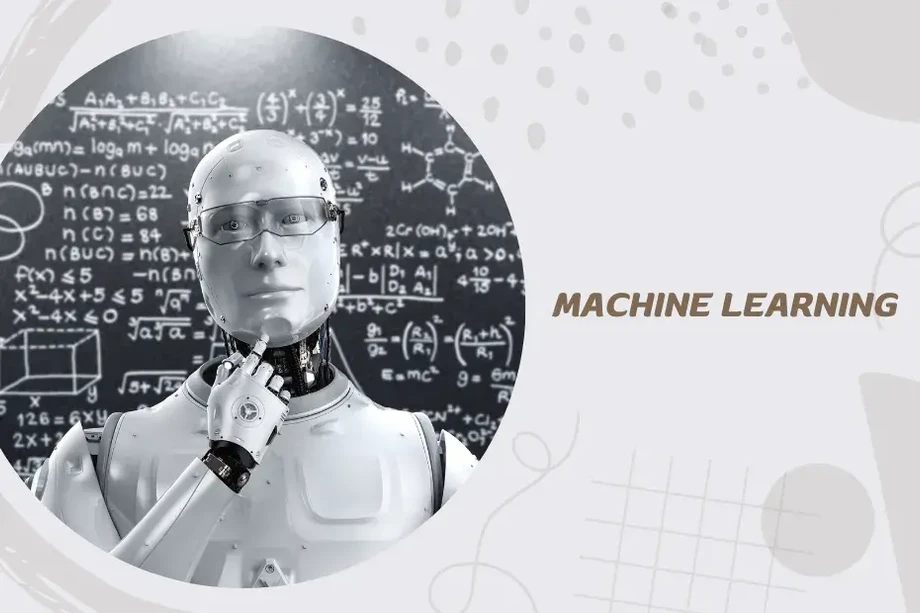Machine learning (ML) has rapidly emerged as a powerful tool in various fields, and its integration with biomedicine is proving to be transformative. By leveraging the vast amounts of data generated in the biomedical field, machine learning algorithms can uncover patterns, make predictions, and even suggest new areas of research. This article explores how machine learning is accelerating biomedical research, highlighting key areas where this technology is making significant strides, and offering insights into its future potential.
Understanding Machine Learning in Biomedicine
Machine learning is a branch of artificial intelligence (AI) that enables computers to learn from and make decisions based on data. In biomedicine, machine learning is used to analyze complex datasets, such as genomic sequences, medical images, and electronic health records, to identify patterns that might be invisible to the human eye. These patterns can help researchers understand diseases, predict patient outcomes, and develop new treatments. By automating the analysis process, machine learning allows scientists to process data more quickly and accurately, thereby accelerating the pace of discovery.
One of the key benefits of machine learning in biomedicine is its ability to handle large-scale data. With advancements in technology, the biomedical field now generates massive amounts of data, from sequencing genomes to tracking patient health over time. Traditional methods struggle to analyze this data efficiently, but machine learning algorithms excel at finding correlations and trends in vast datasets, making it easier for researchers to draw meaningful conclusions. Learn more

